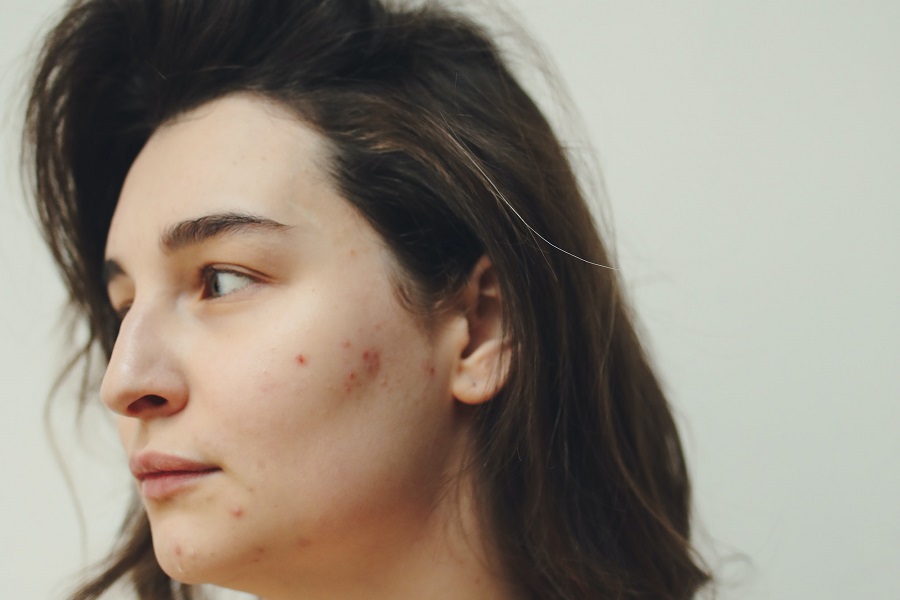
SKIN INFLAMMATION AND ACNE: WHAT’S THE CONNECTION?
So what’s the connection between skin inflammation and acne?
Acne comes in all shapes and sizes and we all deal with it at one point or another. When it comes to most acne types, clogged pores are a common denominator. The substance that results in pore-clogging differentiates inflamed acne from a non-inflamed one.
Inflamed acne can be identified by swollen, red pores that are clogged with bacteria, oil, and dead skin cells. Oftentimes, bacteria known as Propionibacterium acnes can also result in inflamed acne. On the other hand, non-inflammatory acne, aka comedonal acne, is closer to the surface of the skin and isn’t caused due to bacteria.
If you wish to learn about different kinds of inflammatory acne, and which treatments will work well for you, keep on reading:
DIFFERENT TYPES OF INFLAMMATORY ACNE
Different types of inflammatory acne call for different treatments. The first step towards the treatment is to identify the type of inflamed acne. The main types are listed below:
- Inflamed comedones are swollen blackheads and whiteheads.
- Papules are small, pus-filled red bumps that appear on the surface of your skin.
- Pustules are similar to papules but considerably larger in size.
- Nodules are small, pus-filled bumps that lay just below the surface of your skin.
- Cysts are a severe type of inflamed acne that sit below the surface of your skin. They are filled with pus, usually large, and very painful to touch.
MOST COMMON SPOTS FOR INFLAMED ACNE
While inflamed acne is very common on the face, it can often impact your neck, chest, back, shoulders, upper arms, and trunk.
INFLAMED ACNE TREATMENT
It is important to treat inflamed acne as quickly as you can because it can worsen really fast, eventually causing scarring. Hence, it is best to visit a skincare professional and get the required treatment. Based on the type of acne you have, your doctor might suggest undergoing one of the following treatments or altering your skincare routine.
1. ACNE FACIAL
Acne facials are a crucial part of achieving clear skin. Your doctor might advise you to undergo a few sessions. The facial will typically involve cleansing the skin, exposing the skin to steam or applying warm towels, exfoliation using scrubs, microdermabrasion, or chemical peels followed by a LED light therapy treatment or laser therapy. It also involves the extraction of whiteheads and blackheads, massaging the skin, and applying facial masks to calm down your skin. It is important to go to a skin specialist for getting your facial done rather than any random beauty spots around the corner.
2. OTC TREATMENTS
There are tons of OTC treatments for inflamed acne, which can make choosing one overwhelming. Here are three of the main ingredients you’ll likely find in these products:
Benzoyl peroxide – This ingredient works amazingly well against the puss trapped in your pores and significantly reduces inflammation. However, it can be extremely drying. Hence, use it as a spot treatment.
Salicylic acid – It is known for its shedding effect and removes dead skin cells from the pores. It breaks down inflamed acne lesions while preventing breakouts from coming back. Although, it can be used all over your skin make sure to follow it up with a moisturizer.
Sulfur – You can find Sulphur in a lot of acne-related skincare products but it generally works best for mild, non-inflamed acne. While it won’t make it worse, it will not be enough to treat inflamed acne.
3. MEDICAL TREATMENTS
There are a couple of medical treatments that can be prescribed by your dermatologist to achieve clear skin:
Topical Retinoids
They are a powerful Vitamin A derivative that removes dead skin cells. The dermatologist might prescribe you a prescription-strength retinoid for treating inflamed acne. It is common to experience redness and peeling. Make sure to wear sunscreen while using it, as retinoids can make your skin incredibly sensitive to the sun.
Isotretinoin
It is derived from vitamin A and is one of the most powerful treatments prescribed for acne. However, it can lead to a variety of side effects. These should be avoided if you are pregnant, breastfeeding, or lactating.
Oral Antibiotics
If the dermatologist detects that p. acnes are causing your breakouts, you might be prescribed antibiotics. These are to be used temporarily in order to control bacteria and are particularly helpful in case of widespread cystic acne.
Topical Antibiotics
In certain cases, your dermatologist might ask you to add topical antibiotics to your routine. These can only be used for a short duration. They are not as strong as oral antibiotics and work best for less severe types of acne such as nodules, pustules, or papules.
4. HORMONAL TREATMENTS
There are certain cases when your acne is caused due to hormonal imbalance. If that is the case, your dermatologist will prescribe you hormone-reducing medications. In addition to that, birth control pills might work amazingly well for some people. Spironolactone can also help with nodules and cystic acne caused by high androgen levels.
SKINCARE TIPS TO ADHERE TO
A great skincare routine is very important to controlling inflamed acne. Your skin care specialist will prescribe you a skincare routine that will work for your skin. Here are a few tips to adhere to:
- Make sure to clean your face properly at night prior to sleeping.
- Double cleansing works wonders as it ensures there are absolutely no traces of dirt and makeup on your face.
- Make sure to shower immediately post working out.
- Use oil-free gel-based moisturizers to keep your skin hydrated but non-oily.
- Look for oil-free and non-comedogenic options when it comes to makeup.
- Wear sunscreen while using any of the acne treatments as it can make your skin incredibly sensitive.
- Use spot treatments as prescribed by your skin specialist.
FINAL TAKEAWAY
If you have been struggling with inflamed acne, it can take a toll on your confidence. With the right treatment, you can get rid of the painful, inflamed acne. Avoid experimenting with skincare products on your own and always opt for professional advice. If you have any questions regarding inflamed acne, feel free to reach out to us.
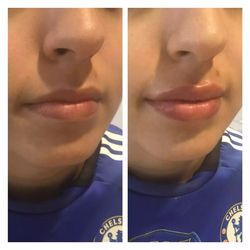 None
None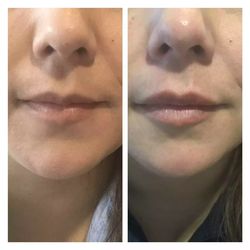 None
None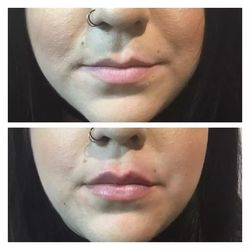 None
None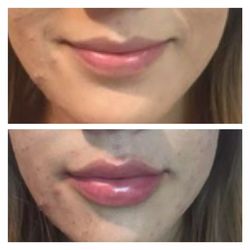 None
None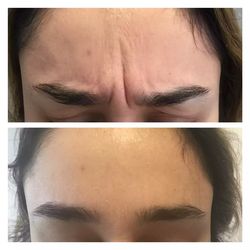 None
None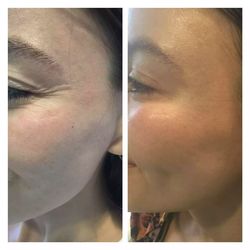 None
None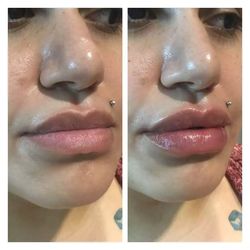 None
None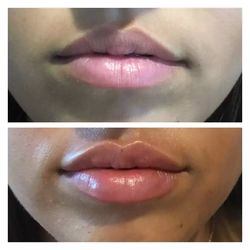 None
None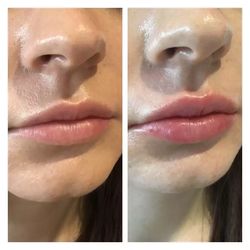 None
None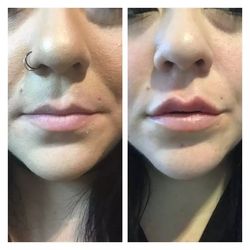 None
None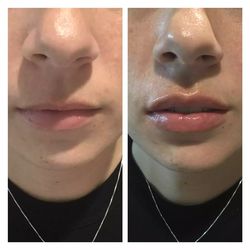 None
None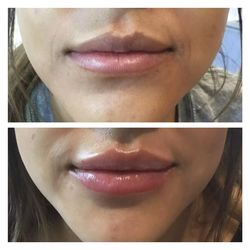 None
None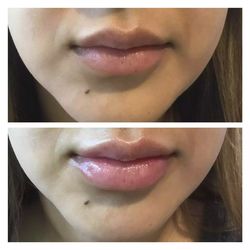 None
None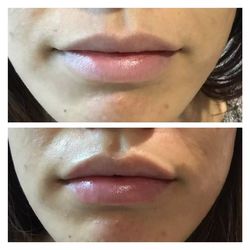 None
None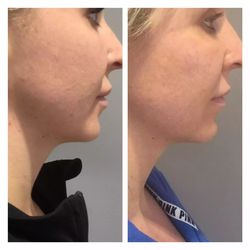 None
None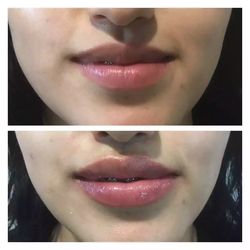 None
None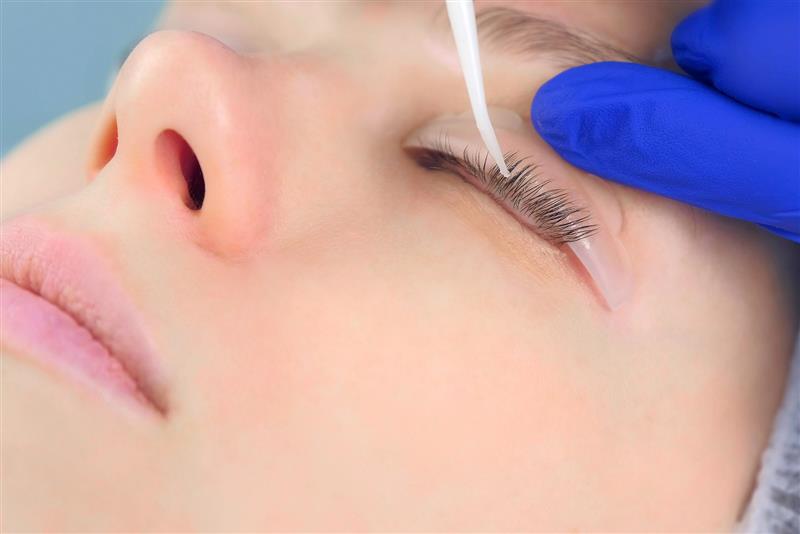

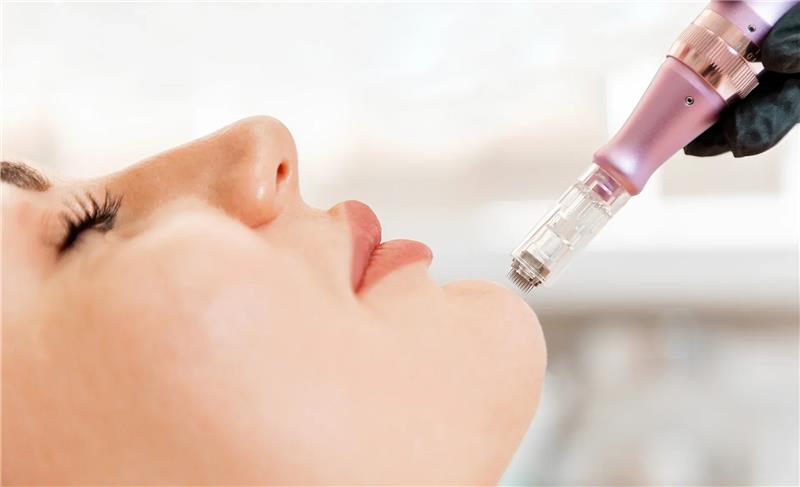
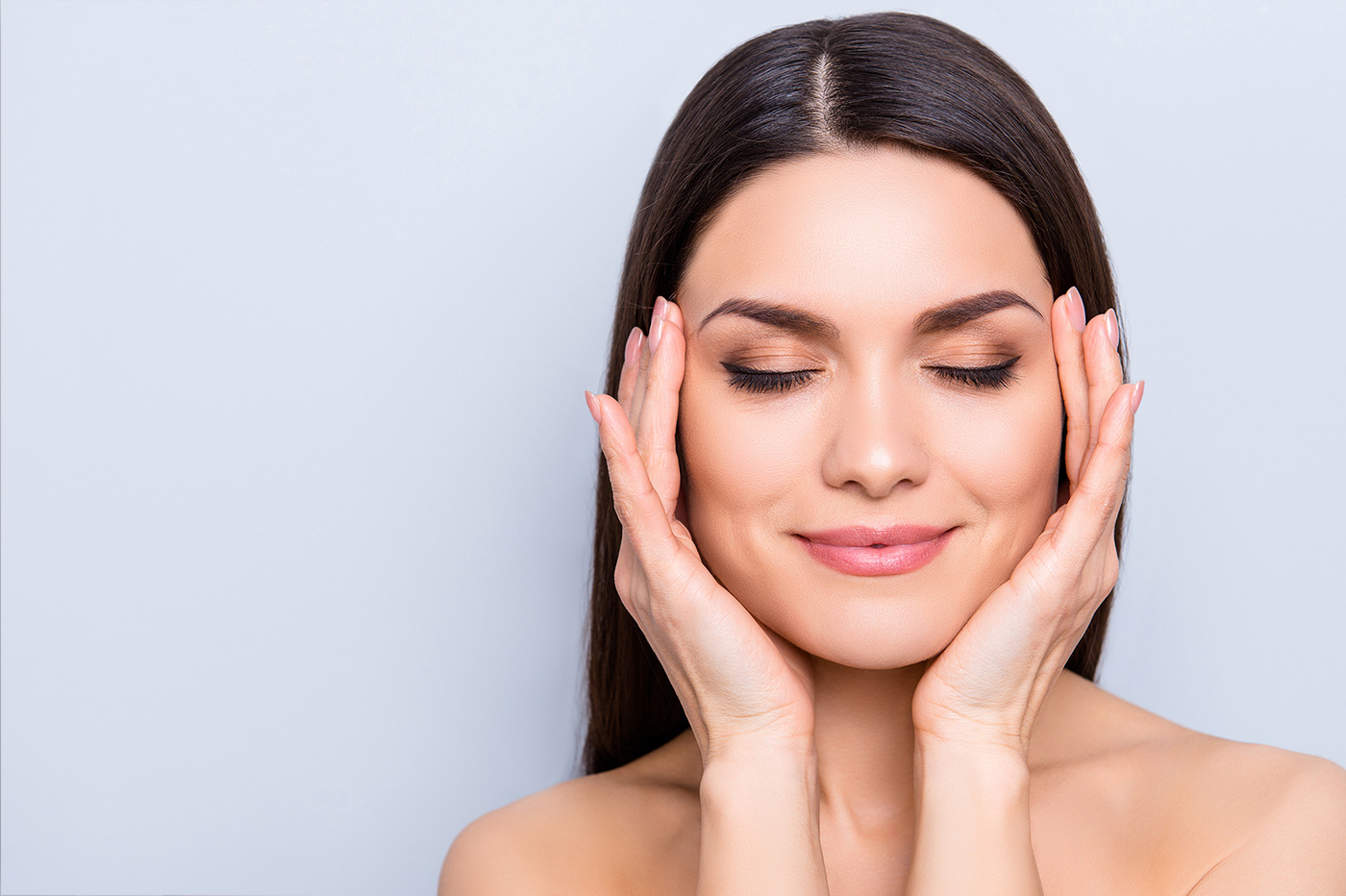
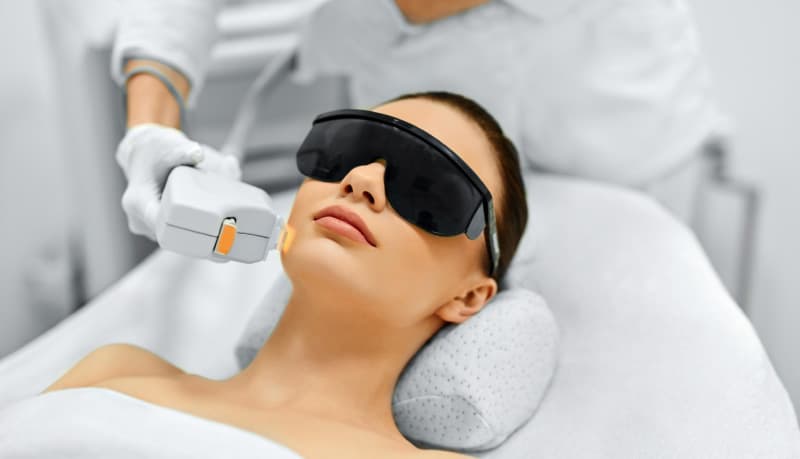
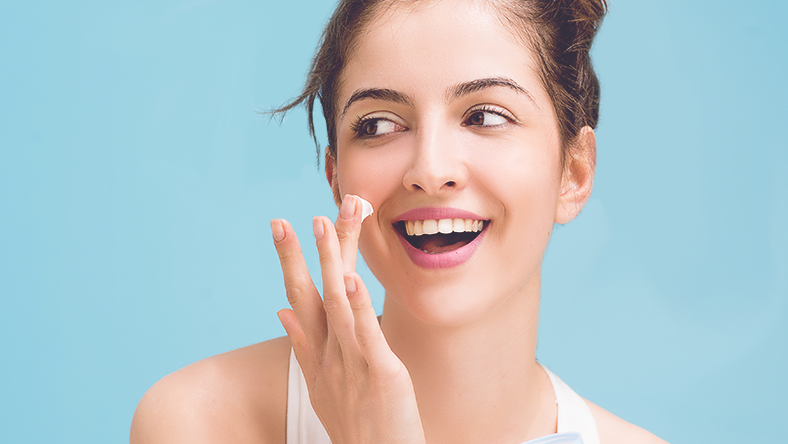
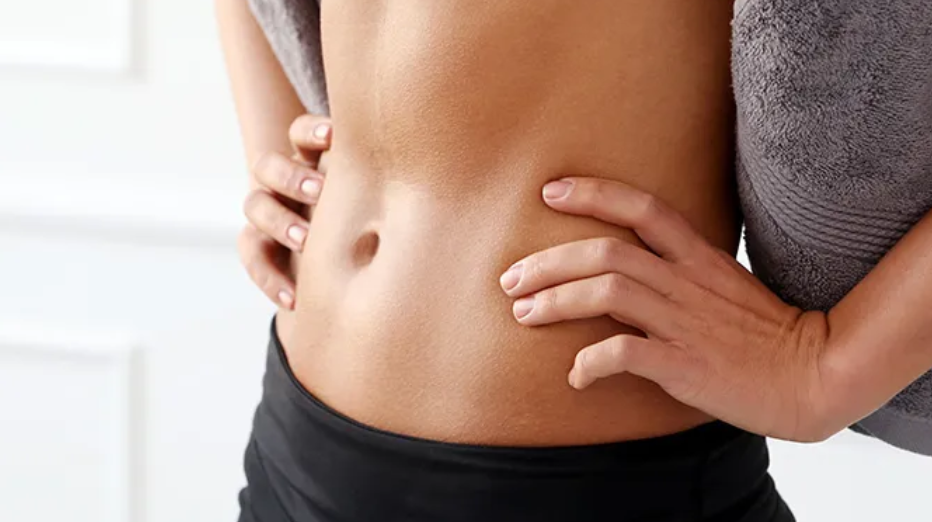
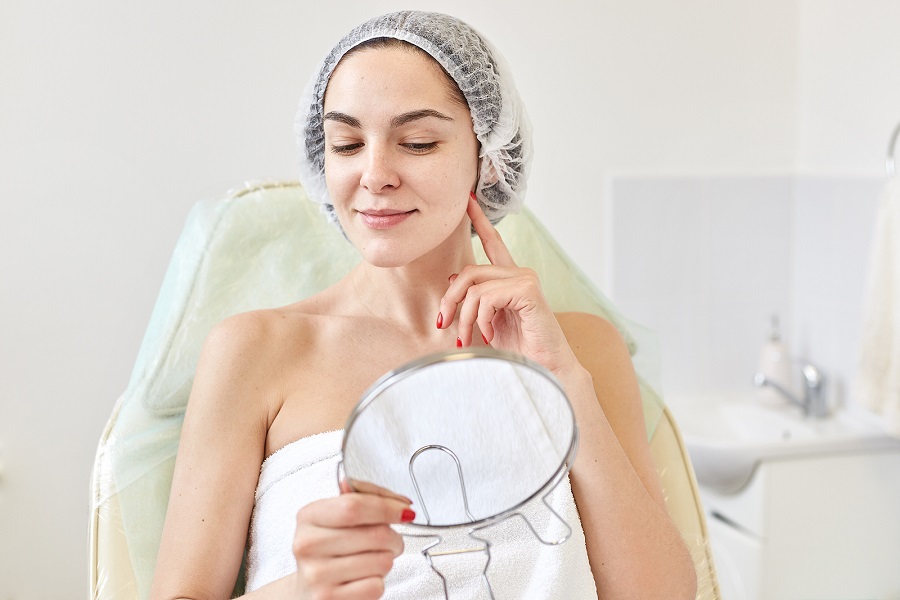


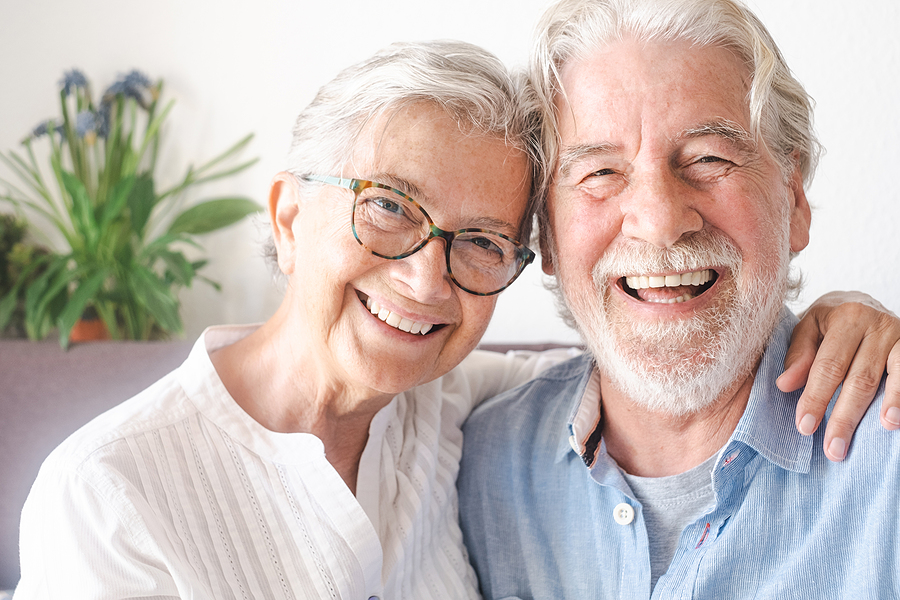



0 comments